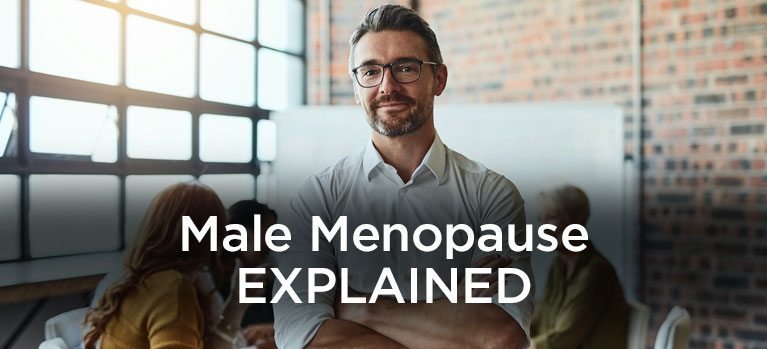Understanding hormone replacement therapy can be a life-changing solution for individuals experiencing the challenges of hormonal imbalances in Edmond,OK. Finding a trusted hormone replacement therapy clinic near you is crucial to ensure you receive the best possible care and achieve optimal results. By conducting thorough research, seeking recommendations, and evaluating the expertise of the medical professionals, you can make an informed decision and embark on a journey towards restored hormonal balance and improved well-being.
Remember, consulting with healthcare professionals is essential before starting any hormone replacement therapy to assess your individual needs and determine the most suitable treatment plan for you.
The Ins & Outs of Hormone Replacement Therapy
HRT involves the use of medications that contain hormones to supplement or replace the hormones naturally produced by the body. The primary goal of HRT is to alleviate the symptoms caused by hormonal imbalances, which can occur due to aging, medical conditions, or surgical procedures.
For women, the most common form of HRT addresses symptoms associated with menopause, such as hot flashes, night sweats, mood swings, vaginal dryness, and sleep disturbances. Men may also benefit from HRT to manage symptoms related to andropause, including decreased energy levels, reduced libido, muscle loss, and mood changes.
The Benefits of Hormone Replacement Therapy:
- Relief from Menopausal Symptoms: HRT can effectively alleviate various menopausal symptoms, providing needed relief for women experiencing discomfort and disruption to their daily lives.
- Improved Quality of Life: Hormonal imbalances can affect your overall well-being and quality of life. By restoring hormonal balance, HRT can enhance energy levels, promote better sleep, and improve mood and cognitive function.
- Enhanced Bone Health: Hormones play a crucial role in maintaining healthy bones. HRT can help reduce the risk of osteoporosis and fractures by preserving bone density.
- Cardiovascular Health: Hormonal imbalances can increase the risk of cardiovascular diseases. HRT may help improve cardiovascular health by reducing the risk of heart disease and promoting healthier cholesterol levels.
Hormone Replacement Therapy is a Wellness Journey
Hormone replacement therapy can be a life-changing solution for individuals experiencing the challenges of hormonal imbalances. Call for more information on how hormone replacement therapy (HRT) can help you. Embark on a journey towards restored hormonal balance and improved well-being.
Our team at New Leaf Wellness encourages you to schedule a consultation if you are experiencing symptoms of hormone imbalance. Personalized treatment and patient care commitment make us the premier hormone therapy clinic in Edmond, OK and our other locations. Now that you understand hormone replacement therapy – contact us today to learn how we can help!













